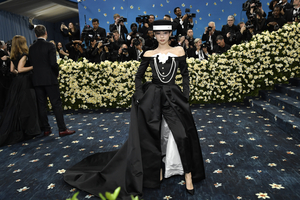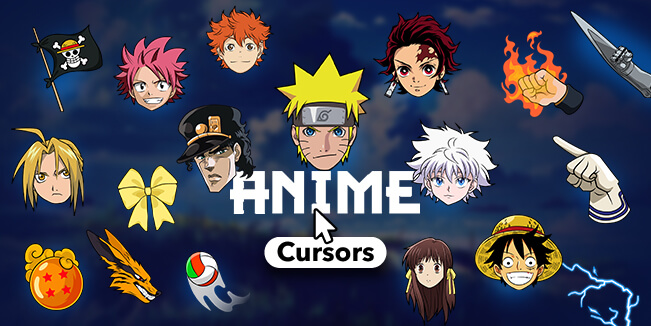
As more idols become ambassadors for high-end labels, concerns grow over fan comparisons, teen materialism and inequality in group branding
From Blackpink’s Jennie, Lisa and Rose to Seventeen’s S.Coups, K-pop stars drew global attention at Monday’s Met Gala in New York, underscoring the genre’s growing ties to luxury fashion.
Jennie, long nicknamed “Human Chanel,” appeared head-to-toe in Chanel, while Lisa turned heads in Louis Vuitton, wearing a fitted bodysuit, tailored jacket and monogrammed tights. Their presence was widely covered by international media.
As K-pop’s global profile rises, top fashion houses are increasingly turning to idols as brand ambassadors. But the trend is now facing backlash for creating a perceived hierarchy among idols depending on the brands they represent. Critics also warn that it promotes materialism among the fans, many of whom are teenagers.
Unlike traditional models, ambassadors represent the identity and ethos of a brand — attending events, wearing sponsored items and promoting products on social media.
The trend gained traction after G-Dragon of Big Bang became the first Asian male global ambassador for the French luxury brand Chanel in 2016. As K-pop fandoms grew worldwide, groups like Blackpink and NewJeans signed high-profile endorsement deals. SM Entertainment’s rookie boy band Riize was named a house ambassador for Louis Vuitton just 98 days after debuting in December 2023.

For brands, the partnership boosts sales; for idols, it adds prestige and aligns them with high-end imagery. “It’s a win-win,” an executive from a K-pop powerhouse said.
However, as more idols take on these roles, some worry the practice is creating a “caste system” within the industry.
“Artists — especially younger ones — start thinking their value depends on which brand they represent,” the executive said Wednesday, speaking on condition of anonymity. “Most K-pop idols are still teenagers, and I’m not sure it’s healthy for them to serve as ambassadors for luxury brands. They’re too young.”
“From the brand’s perspective, it’s about appealing to consumers with buying power. But while it can help an individual idol’s image, it doesn’t always benefit the group. I believe idols should showcase their worth through performance, not marketing,” the executive added.
A global entertainment manager echoed similar concerns.
“Being an ambassador can enhance an artist’s image, global standing and exposure beyond music. But in K-pop, where fandom culture is highly competitive, it often becomes a tool for ranking idols based on whether they landed a global or domestic deal, or the prestige of the brand,” the manager said. “There’s growing pride or disappointment among the fans, depending on whether their idol is chosen. That kind of comparison is problematic.”

A longtime K-pop fan surnamed Park agreed.
“Fans still rank idols based on which luxury brand they endorse,” she said. “If your idol is with Chanel, Saint Laurent or Dior, it’s a bragging point. Being the first global ambassador, or having all members signed, really matters,” Park said.
Music critic Lim Hee-yun said the phenomenon reflects deeper social issues. “Luxury brands are among the most extreme status symbols in a capitalist society. Even among luxury labels, there’s a hierarchy — reflected in their pricing,” Lim said.
“The concern is that young fans are being exposed too early to a hyper-competitive, materialistic culture, where idols are judged not by talent, but by brand association,” he added.
